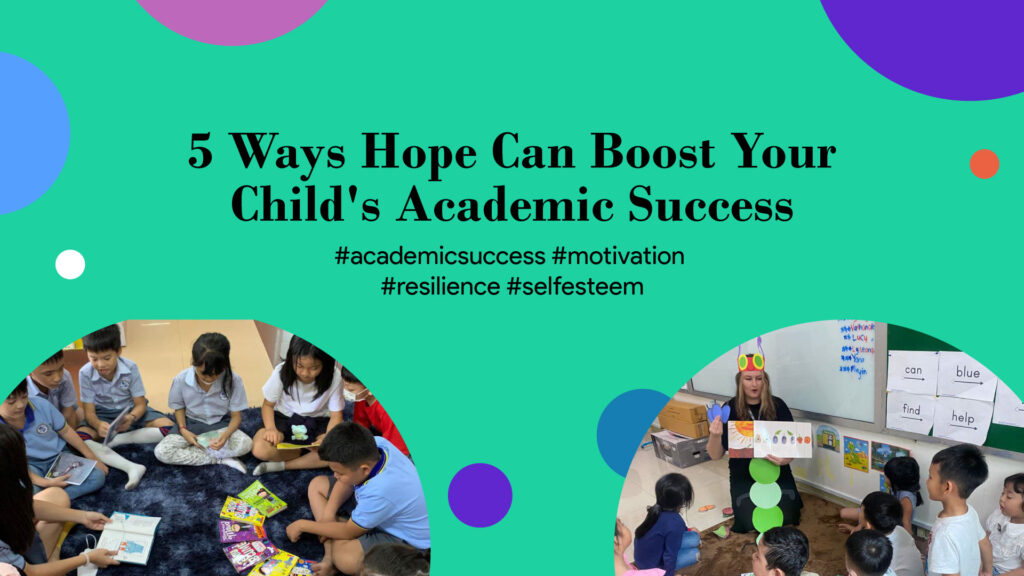
As a parent, you undoubtedly want the best for your child. One of the most significant investments you can make in your child’s future is in their academic success. However, motivating your child to succeed academically can be a daunting task. Fortunately, there is a powerful tool that you can use to help your child excel: hope.
Hope is the belief that things will get better, and it is a potent motivator for students of all ages. When children have hope, they are more likely to stay motivated, persist through setbacks, and remain focused on their academic goals. As a parent, you can foster hope in your child in several ways, each of which can have a significant impact on their academic skills and performance.
The first way that hope can improve your child’s academic skills is by boosting their motivation. When students have hope, they have a reason to work hard and believe in themselves, even when facing challenges or setbacks. By instilling hope in your child, you can help them stay motivated and focused on their academic goals.
The second way that hope can benefit your child is by increasing their resilience. Resilience is the ability to bounce back from adversity, and it is an essential trait for academic success. When students have hope, they are more likely to persevere and keep trying, even when things get tough. By fostering hope in your child, you can help them build the resilience they need to succeed academically.
The third way that hope can improve your child’s academic skills is by enhancing their self-esteem. When students have hope, they believe in their ability to succeed. This can lead to an increase in self-esteem, which can have a positive impact on their academic performance. Students with higher self-esteem are more likely to take risks, participate in class, and engage in their studies.
The fourth way that hope can benefit your child is by improving their problem-solving skills. When students have hope, they approach problems with a positive attitude and a belief that they can find a solution. This can improve their problem-solving skills and help them think more critically about academic challenges. By instilling hope in your child, you can help them develop strong problem-solving skills that will serve them well throughout their academic and professional lives.
Finally, hope can encourage your child to set academic goals for themselves. When students have hope, they believe that they can achieve their goals, no matter how challenging they may be. This can motivate them to set ambitious academic goals and work hard to achieve them. By fostering hope in your child, you can help them become goal-oriented and focused on their academic aspirations.
In conclusion, instilling hope in your child can have a significant impact on their academic skills and performance. As a parent, you can help your child develop hope by providing them with encouragement, support, and positive feedback. By doing so, you can help your child succeed academically and achieve their full potential. So don’t underestimate the power of hope – it can truly make all the difference.


